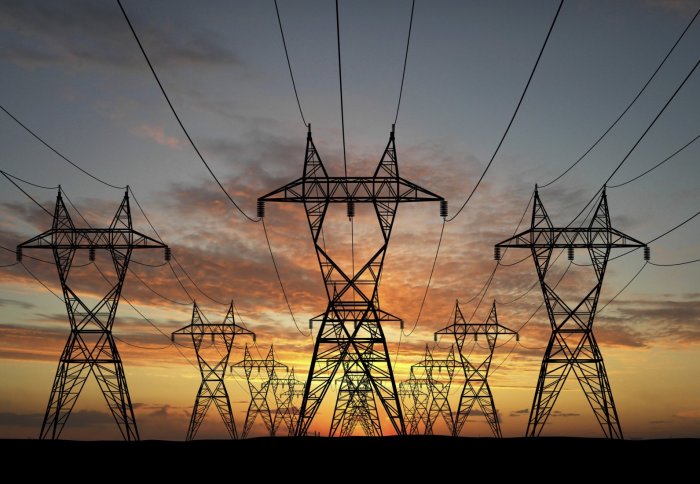Reliance on renewables not sufficient for meeting global climate targets

New paper highlights the need for carbon capture and storage systems (CCS) in the age of renewables.
A new paper has shown that carbon capture and storage technologies are essential, in addition to renewable energy systems, if the world is to meet current climate targets.
Policy-makers and industrialists from around the world are increasingly recognising the environmental and socio-economic issues around global climate change and the effects of carbon emissions of fossil fuel power plants on global warming. Experts generally agree that the route to a low-carbon energy system will involve the implementation of key technologies such as carbon capture and storage (CCS) systems applied to fossil fuel power plants or the use of renewable energy sources. Both of these solutions have numerous advantages and disadvantages; the former employs a non-renewable source that, through CCS technology, is made essentially decarbonised whereas the latter is dependent on fluctuating sources, making it unreliable as a sole power provider.
In our current position where the use of fossil fuel energy is unavoidable, the case is undoubtedly not ‘renewables or CCS’ but rather ‘renewables and CCS’.
– Dr Niall Mac Dowell
Senior Lecturer in the Centre for Environmental Policy Engineering
In a new paper, titled "Quantifying the value of CCS for the future electricity system" researchers from Imperial College London have shown that the combination of renewables and unabated fossil fuel power plants will not result in a sufficiently low carbon electricity system to meet current global climate targets. They found that fossil fuel power plants will continue to be needed but that the utilisation of CCS systems is both necessary and inevitable. The researchers looked into production, demand and stability characteristics of current and future electricity systems. Instead of focusing on CCS costs, this study for the first time looked into the value provided to the electricity system by CCS power plants. The authors compared electricity systems composed of unabated and abated (CCS) plants with wind power plants of differing wind availability to highlight the importance of differentiating between intermittent and firm power generators. The paper shows that the preferred solution for decarbonising the electricity grid is a combination of renewable energy and CCS – it is not a case of one or the other, and when deployed in concert, the combination of CCS and renewable energy is key to the least cost decarbonisation of the electricity grid.
“Due to immense capital investments in fossil fuels, the energy sector continues to be slow to change with only 2.2% of the global energy consumption covered by renewable sources”, says Dr Niall Mac Dowell, a Senior Lecturer in the Centre for Environmental Policy Engineering and co-author of the paper, “In our current position where the use of fossil fuel energy is unavoidable, the case is undoubtedly not ‘renewables or CCS’ but rather ‘renewables and CCS’.”
The complex cost-benefit analysis, published in Energy and Environmental Science was carried out by researchers from the Centre for Environmental Policy, the Centre for Process Systems Engineering and the Department of Chemical Engineering at Imperial College London. They concluded that the trilemma between carbon avoidance, cost and security requires a delicate balance which cannot be made without considering every aspect of the electricity system simultaneously. Compromising on reliability cannot be an option given the high value of electricity in our society, which makes it necessary to combine intermittent and firm low-carbon supplies.
Reference:
[Article co-written with Dora Olah an Undergraduate student in the Department of Chemical Engineering.]
Article text (excluding photos or graphics) © Imperial College London.
Photos and graphics subject to third party copyright used with permission or © Imperial College London.
Reporter
Michael Panagopulos
Department of Chemical Engineering